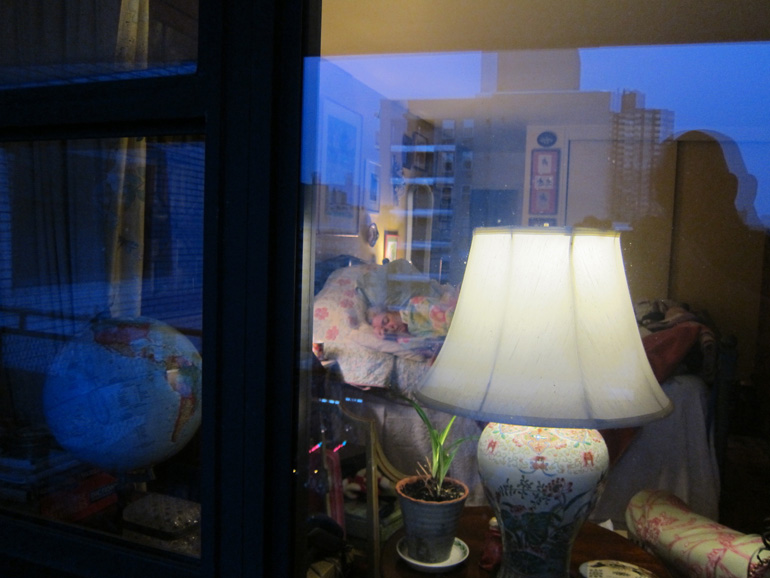Gotham Diary:
Lacrimosa
23 July 2012
Over the weekend, I read Christoff Wolff’s Mozart at the Gateway to His Fortune: Serving the Emperor, 1788-1791. It is something less than a book but more than a collection of essays: surely it will inspire a younger scholar to write a thicker, more comprehensive study of Wolf’s thesis, which is that appointment to an official post in the imperial music establishment, something that Mozart had longed for ever since arriving in Vienna in 1781, altered the composer’s outlook and influenced stylistic changes. Wolff also debunks any idea that Mozart “knew that the end was nigh.” The major works of his last four years of life, far from representing the culmination of a career, were more likely to have been the preliminary efforts in an artistic shift that we can only guess at. The effect of reading Mozart at the Gateway to His Fortune is to make his very untimely death even harder to take than it usually is. I stayed up way too late last night, listening to The Magic Flute and sobbing into my nightcap.
It is hard to find, let alone define, a common denominator for the musical style of Mozart’s last years, the years in the service of the emperor. There are some general elements that are prevalent in much of the music of this period: grand and sublime statements as realized in the last symphonies and an ambitious increase in the musical format of movements; a more restrained and mellow, yet no less effective approach toward concerto writing, as seen in the last two piano concertos and the clarinet concerto; and, generally, a more open, more adventurous, and more varied application of polyphonic designs as well as truly unusual and untested harmonic processes such as modulations gliding in and out of distant realms and creating shocking expressive effects. Above all, a zeal for innovative compositional approaches is notably dominant.
I have always found the last three concertos to be somewhat regressive, reminiscent of the simpler music of Mozart’s childhood, but Wolff suggests that Mozart was looking even further back than that, to the Augustan majesty of Bach and, especially, Handel. This would explain, too, why the Requiem, which was the first piece of classical music that I knew well (of all things!) never struck me as sounding much like anything else that Mozart wrote; Wolf devotes a chapter to the new style of church music that Mozart was developing in the Ave verum corpus and the Requiem, showing how rooted it was in the Saxon clarity of Protestant music the likes of which Viennese audiences had never heard.
But as we imagine the direction in which Mozart seemed poised to take off at the time of his death, we ought probably to bear in mind that its excitements would have remained enveloped in a charming surface appeal. It is almost impossible, now, to hear what might have struck Mozart’s contemporaries as “difficult” about his music; the handiest guide seems to be Joseph II’s famous complaint about “too many notes.” But there would never, I think have been anything as noisy as the beginning of the final movement of Beethoven’s Ninth Symphony, or as charmlessly severe as the opening of the Fifth. Mozart could be an awful egotist, and he was extraordinarily ambitious, but he kept these things out of his music. It is hard to imagine him setting out to express himself, as Beethoven was so overtly to do. In short, I can’t see how Mozart would have taken a place among the “romantic” composers, whose innovations were probably made somewhat easier by his premature passing from the scene.
Mozart at the Gateway to His Fortune — the phrase is Mozart’s own, written in an appeal to Michael Puchberg for a big loan — is an enormous treat for me, because it tells me that most of things that I “know” about Mozart are wrong. It does no such thing, really, but in making me want to hear everything afresh it effectively gives me a new composer. I will at any rate stop saying that we don’t know if Mozart ever heard the last three symphonies.
Another reason for late-night tears: I was listening to the Karl Böhm recording that features Evelyn Lear as Pamina and Dietrich Fischer-Dieskau as Papageno, two singers who died recently — in respectable retirement.  Poignant, that. No retirement for Mozart!

